What to expect from Canadian PM Mark Carney’s immigration policy?
3 min readCanada’s incoming prime minister Mark Carney has avoided addressing the immigration plan, as many students and refugees anticipate the South American country’s decision after change of leader.
Carney, a former central banker, won the race to become leader of Canada’s ruling Liberal Party on Monday.
He will take over at a tumultuous time in Canada, which is in the midst of a trade war with longtime ally the United States under President Donald Trump and must hold a general election soon.
Carney, 59, took 86% of votes cast to beat former finance minister Chrystia Freeland in a contest in which just under 152,000 party members voted.
According to Colin R Singer from Immigration.ca, two main problems have been seen in temporary immigration policies, which are as follows:
-
International enrollments have increased, but there hasn’t been enough student housing or job opportunities to support them.
-
Businesses have become overly dependent on TFWs for low-wage labor instead of tackling productivity issues and investing in training for the local workforce.
-
The recommendations to these, according to Carney, are a cap on international student permits, stricter criteria for temporary foreign workers and requiring employer contributions to housing and language training programs when hiring foreign workers.
-
Carney suggested a data-driven immigration strategy that adjusts intake targets based on housing supply through quarterly reviews of construction rates, public service capacity to ensure hospitals and schools can support new immigrants, and labor market needs using a sector-specific allocation system in collaboration with provinces and regulatory bodies.
-
He sought to enhance Canada’s points-based immigration system for better economic integration by raising language proficiency requirements for skilled workers, implementing pre-arrival credential recognition to reduce underemployment, and providing tax breaks to encourage newcomers to settle in regions outside major urban areas.
“And there are opportunities to rebuild the relationship with India. There needs to be a shared sense of values around that commercial relationship. If I’m prime minister, I look forward to the opportunity to build that,” Carney said last Tuesday in Calgary before securing leadership of the governing Liberal Party.
“He hasn’t really addressed the issue of immigration so far. It is likely that he will not change the current policy,” a Canada-based immigration analyst Darshan Maharaja told Business Standard.
“The issue looming large over Canada right now is the tariffs war with the US, so he is unlikely to be pressed on the immigration issue,” he added.
Carney has expressed a commitment to strengthening relations with India, which declined during Trudeau’s tenure. The former Bank of England governor aims to diversify Ottawa’s trade partnerships, including with New Delhi.
Canada’s relations with India deteriorated in 2023 when PM Trudeau accused India of being directly involved in the murder of Hardeep Singh Nijjar, a Khalistan separatist.
Future of Canada’s immigration policy
Since launching his campaign, Carney has made several broad promises, such as reducing government spending, increasing investments in housing, broadening Canada’s trading partners, and implementing a temporary cap on immigration.
But it is anticipated that his immigration policy may put a hold on foreign workers and students, which can affect all countries.
Read more
Canada makes changes to open work permit rules, here is who it will affect
Canada PM announces immigration cuts from 2025 amid housing concerns
Immigration goal: Canada targets 465,000 new residents this year
Trudeau’s successor would be “stricter” as employers would be required to support housing and language training programmes for such workers.
He also committed to securing Canada’s borders, responding to Trump’s criticisms regarding immigration.
Canada announced on September 19, a reduction in the number of international student permits for the upcoming year, alongside stricter regulations for foreign workers.
Immigrants from developing countries can be put on hold in order to work on Canada’s economic situation.
Carney’s banking experience and pragmatic policies appeal to voters seeking stability amid uncertainty.
For the latest news, follow us on Twitter @Aaj_Urdu. We are also on Facebook, Instagram and YouTube.





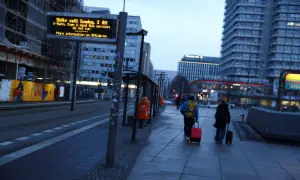
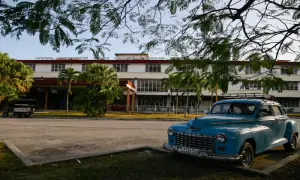









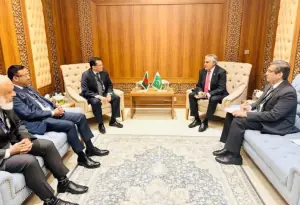
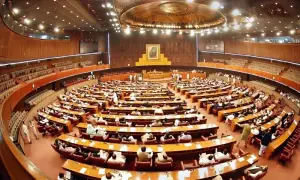
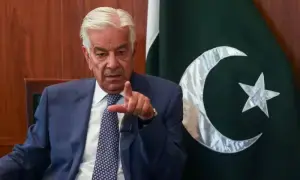





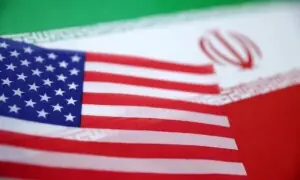

Comments are closed on this story.